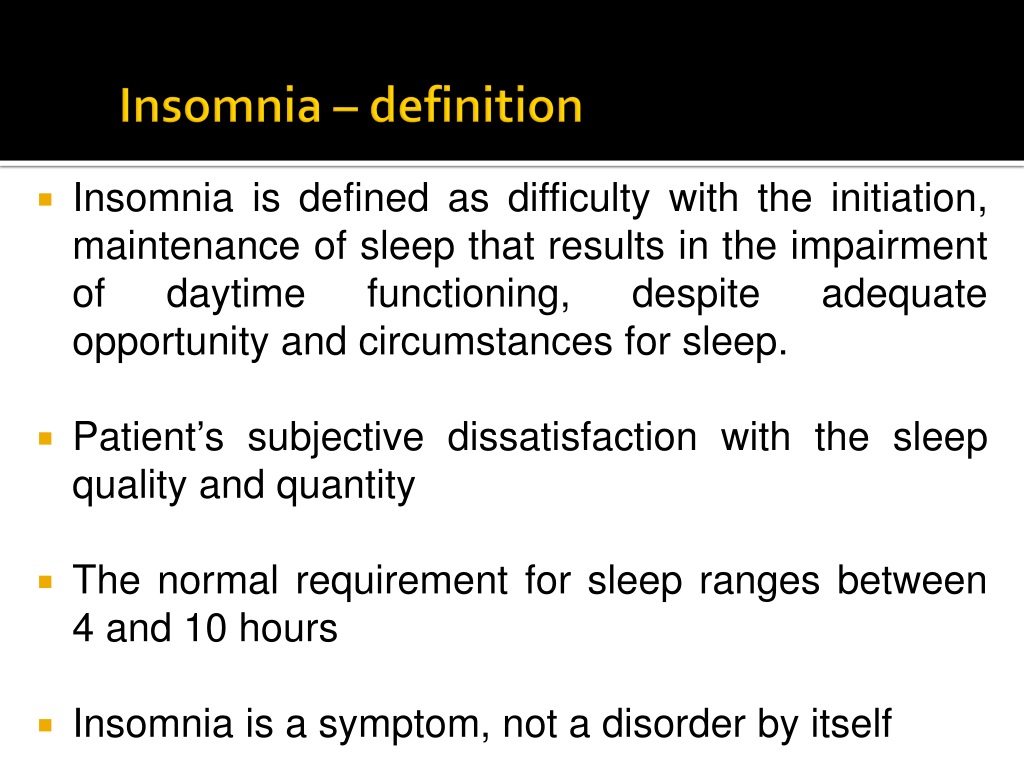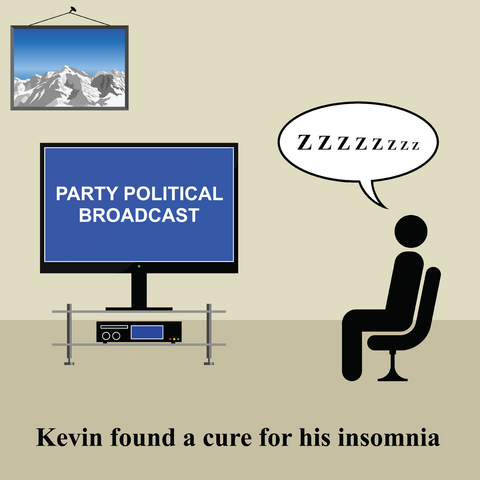

Insomnia may also have a late-life onset, which is often associated with the onset of other health-related conditions. In women, new-onset insomnia may occur during menopause and persist even after other symptoms, such as hot flashes, have resolved. Less frequently, insomnia begins in childhood or adolescence. The onset of insomnia symptoms can occur at any age, but the first episode is more common during young adulthood. Insomnia is considered to be recurrent if two or more episodes occur within the space of one year.

If the symptoms last three months or longer, the insomnia is said to be persistent. Insomnia lasting from one month to three months is episodic. Insomnia can be classified as episodic, persistent, or recurrent. Individuals vary in their need for and satisfaction with sleep, but individuals with insomnia experience distress or impairment in functioning as a result of their poor sleep. Insomnia is not defined by the hours of sleep a person gets or how long it takes to fall asleep. In 2014, approximately 35 percent of adults reported getting insufficient sleep. Approximately 70 million Americans are thought to have a sleep or wakefulness disorder, according to the Centers for Disease Control and Prevention.

All of these symptoms can lead to daytime drowsiness, poor concentration, irritability, and the inability to feel refreshed and rested upon awakening. For insomnia to be diagnosed, these symptoms must be present at least three nights per week and the sleep difficulty present for at least one month. Insomnia is the feeling of inadequate or poor sleep because of one or more of the following: trouble falling asleep trouble remaining asleep awakening too early or non-restorative sleep.


 0 kommentar(er)
0 kommentar(er)
